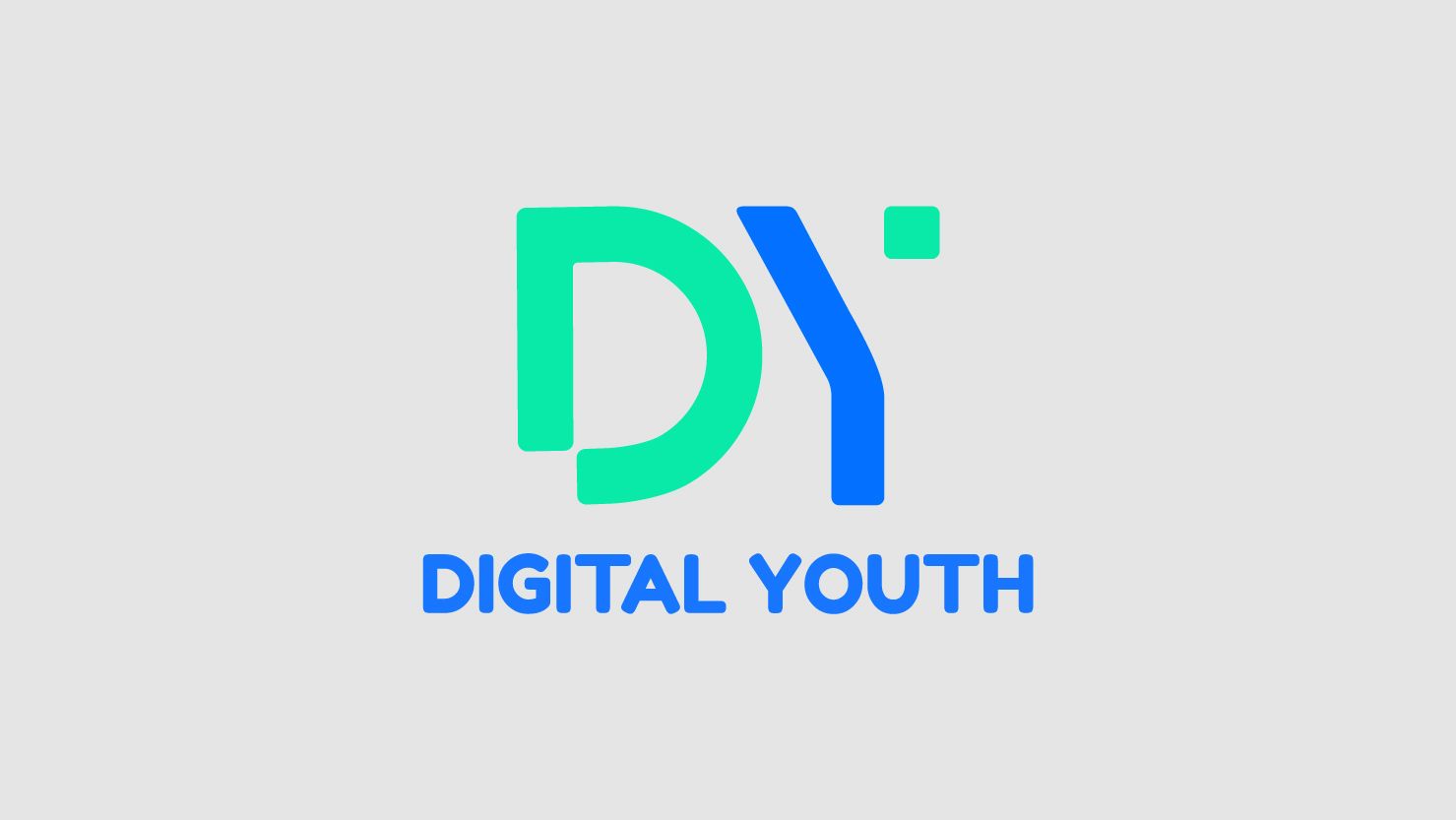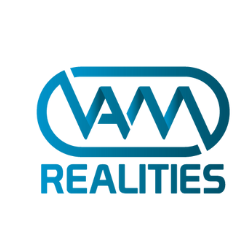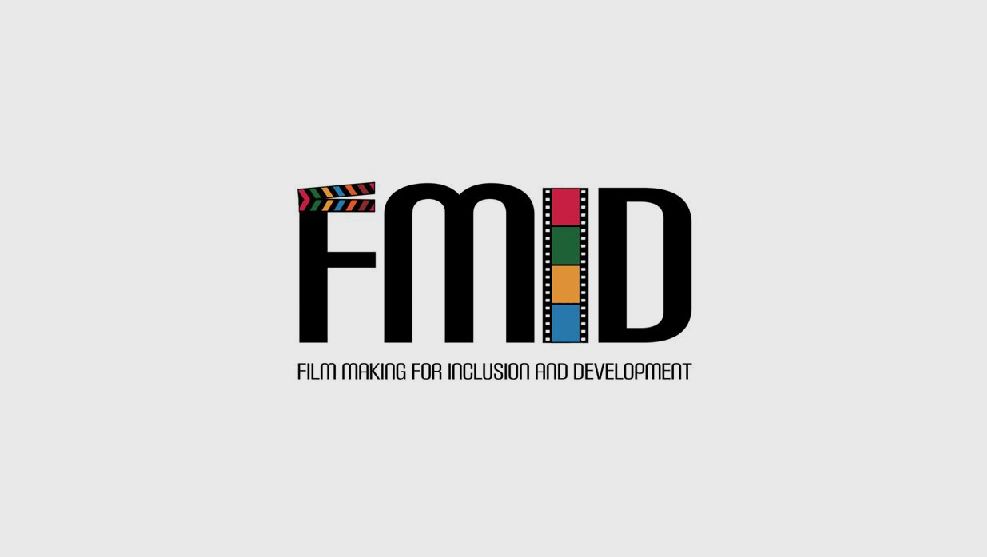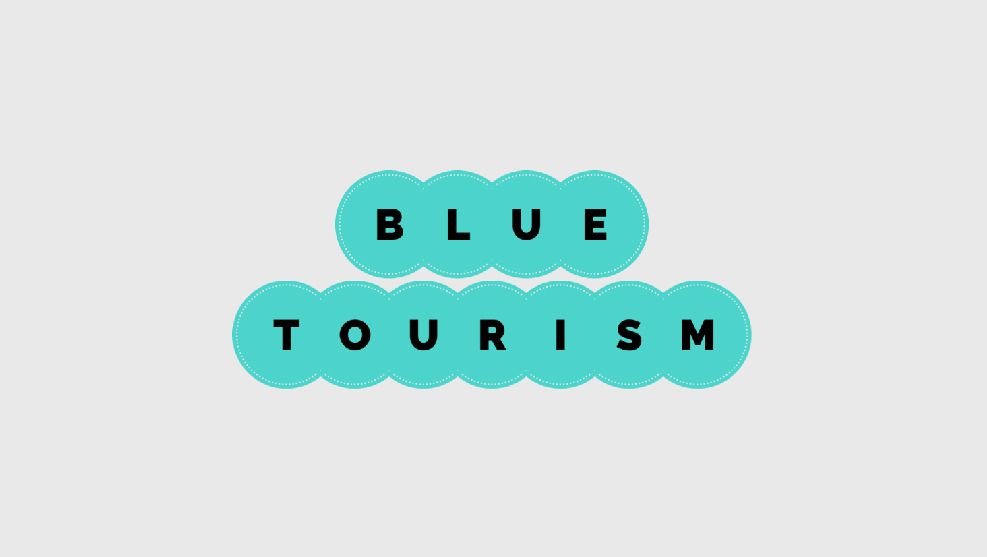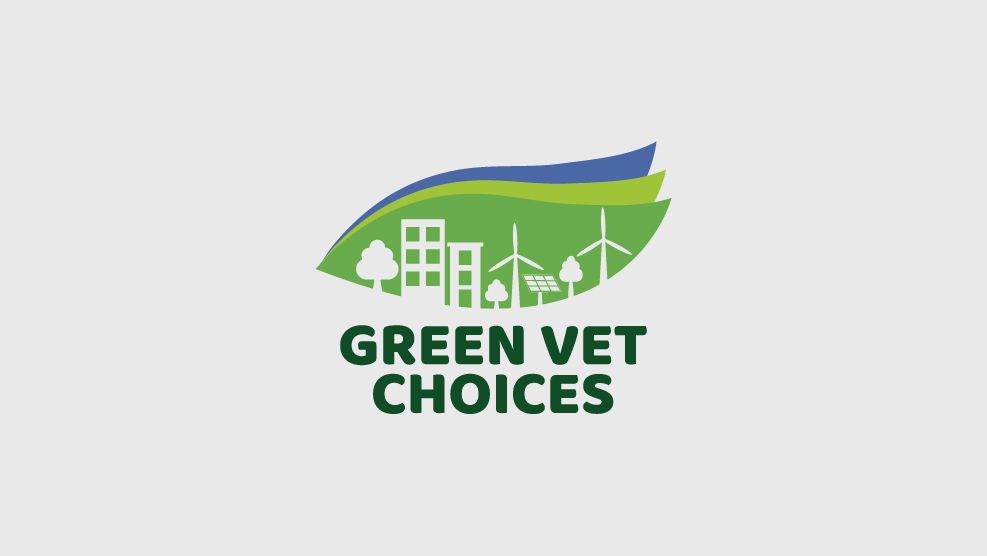Let us introduce you to our project “FMID – Film Making for Inclusion and Development”, which officially started its work in November 2021 and will be implemented until August 2023.
The project, led by the German Partner Jugendförderverein Parchim/Lübz e. V. brings together a group of expert partners from Ireland, Poland, Portugal, Spain and Cyprus.
The project will create a suite of video creation resources for young people and will support youth workers and educators in delivering video creation training through bespoke in-service training and a handbook. The project will also develop an e-learning portal.
In the framework of the project, two transnational training events will be organised in the form of an In-Service Training Programme for youth workers and educators and a Film-Making Masterclass for young people. In addition, each partner will be tasked with organising a Film Festival on a local level.
Despite our first consortium meeting taking place online due to COVID-19 restrictions, we are excited to finally be meeting in person next month in Schwerin, Germany.
The general objectives of the project are:
1) To create a suite of video creation resources for young people
2) To support youth educators in delivering video creation training with the help of bespoke in-service training and handbook
3) To provide a series of virtual learning and collaborative environments for sharing project results, enabling education resources usage and gaining recognition for videos created by project participants
4) To provide a series of events for both young people and youth educators
The main goals are:
1) To train Youth Educators in Delivering the In-Service Training Programme During the Short-Term Joint Staff Training Event
2) Front-Line Youth and Community Educators Will Have Completed the In-service Training Programme and Upgraded Their Professional Competences in The Piloting Phase Of the first project result.
3) Young People, Including Marginalized Youth, Will Grow Their Digital and Media Literacy Levels by Using the Video Creation Resources and Approaches While Piloting The second project result.
4) Young People, With Special Emphasis On Marginalized Youth Will Complete the Transnational Film-Making Masterclass






